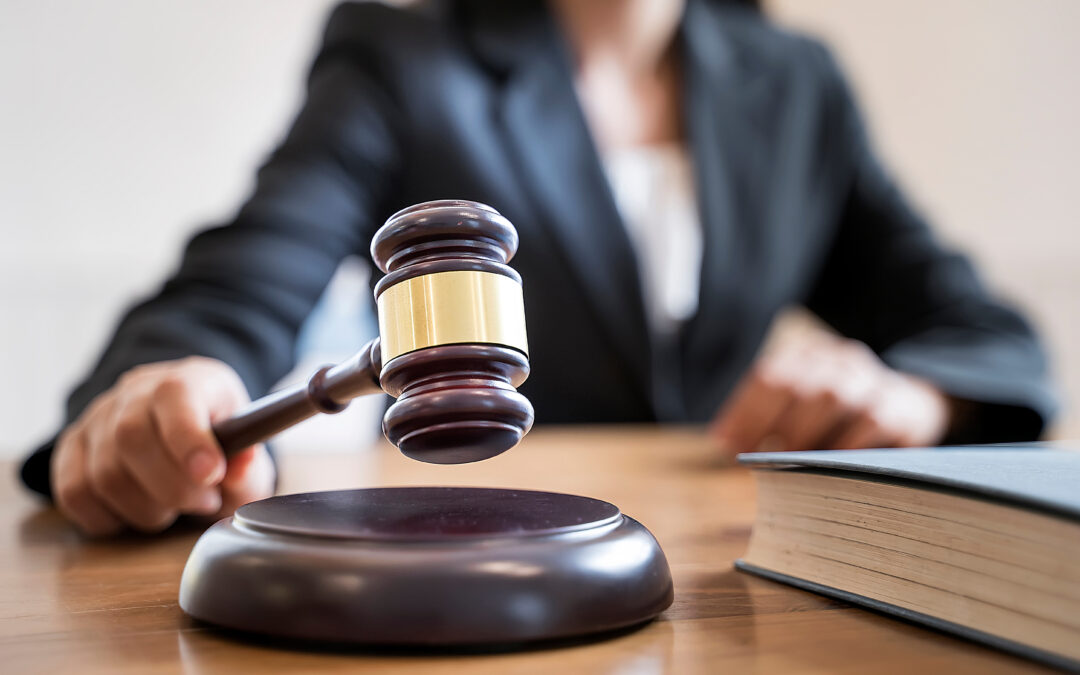Typically, spouses getting divorced envision going to court, arguing their side, and having a judge decide who wins. While that may be true in some cases, New York law encourages parties to resolve their issues amicably on their own. To that end, judges will often take steps to help settle your divorce case. They informally facilitate agreement on disputed matters rather than forcing a decision on the parties. This might occur many times over the course of divorce proceedings and it enables parties to avoid long and expensive litigation over issues that are relatively straightforward.
Judges can help settle your divorce case by acting as problem solvers and quasi-mediators rather than as decision-makers. They can offer an impartial assessment of each party’s position and suggest what factors the court may consider if the spouses cannot settle on their own.
A recent example of this involved a dispute over filing a joint tax return during the pendency of a client’s divorce. Both spouses had full knowledge of the information in the tax return to be filed. However, one spouse disagreed with how the refund would be allocated between the spouses, and therefore, refused to sign a joint return. If the spouses filed separately, the separate refunds in total would be far less than what the couple would get if they filed jointly. The judge heard the dispute and rather than imposing a decision, pointed out to the parties the positive and negative consequences of filing separately. This included the possibility that the party seeking the signature might claim a marital waste of assets against the spouse who refused to sign the joint return.
In child custody actions, judges will take this policy even further. They will attempt to persuade parents to settle by emphasizing that they will be giving up control over the result and risking a decision that neither parent may want. If the parties still cannot come to an agreement, the judge will appoint an attorney for the child and order a forensic evaluation. Following the forensic investigation, the judge will again encourage the parties to settle pointing out that the evaluation may indicate weaknesses in each party’s claims. As a result, parents would be better off negotiating custody themselves rather than have the judge decide.
While a judge’s role as a final adjudicator is important, his or her informal authority can help parties achieve a better result in their divorce. When parties can settle their disputes on their own, they are usually more satisfied with the outcome and they tend to save money and time getting a divorce, which also makes them happy.
If you are considering divorce, contact us today to discuss how we can help you find the best resolution to your divorce issues.

